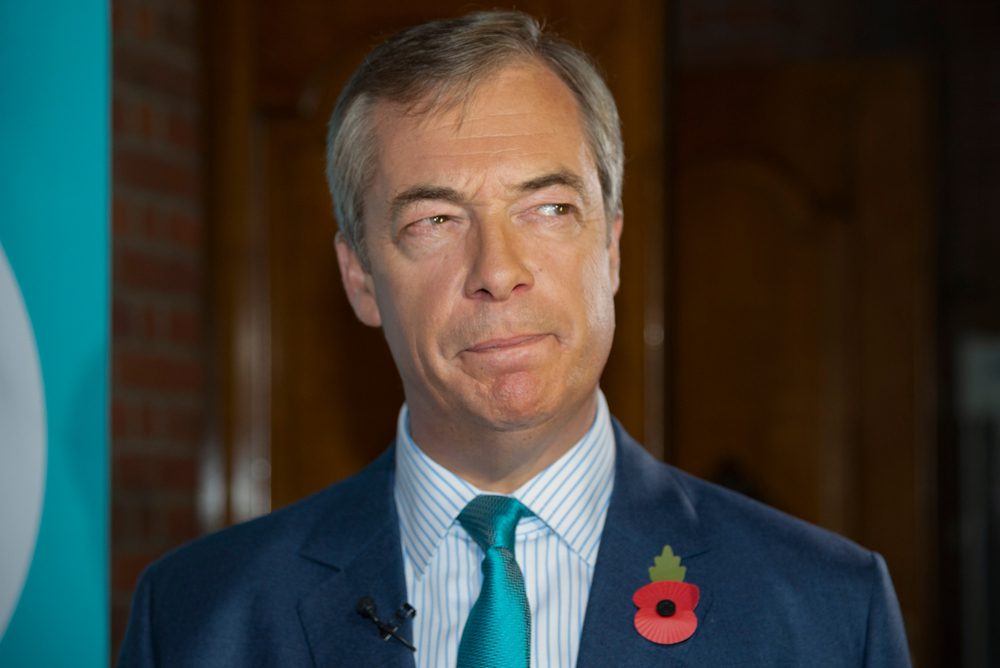
Nigel Farage has vowed to uncover the “absolute truth” about how the BBC obtained “dodgy” information about his bank account at the British private bank, Coutts. Speaking to GB News, the former leader of the UK Independence Party (UKIP) said British citizens deserve to know the truth about the machinations of the NatWest Group, the holding company which owns Coutts, “not just because NatWest has 19 million customers,” but also “because we bailed them out after their greed and stupidity back in 2008.”
‘This points the finger firmly back at the NatWest Group.’
— GB News (@GBNEWS) July 24, 2023
Nigel Farage says he will uncover the ‘absolute truth’ about how the BBC obtained ‘dodgy’ information about his de-banking after the broadcaster issued an apology over the matter. pic.twitter.com/jjmana6XZ1
As we previously reported, Coutts closed Farage’s bank account, calling it a “commercial decision,” however, a 40-page report he obtained from the bank last week suggests it was instead a political decision. Farage says the report mentioned his views on Brexit, former U.S. President Donald Trump, and migration countless times. The document raised concerns that he was “xenophobic and racist,” and that there was a reputational risk of having Farage as a client.
Farage’s case has caused a huge uproar in the UK and has stirred up a debate on banks punishing their clients for their political views, essentially stifling free speech.
Matters may get worse for NatWest. It seems they deliberately leaked false information about Farage’s account to the press. The day after a private meeting between Dame Alison Rose, the boss of NatWest, and BBC business editor Simon Jack, on July 3rd, BBC published a story claiming that the account was closed because Farage no longer met the financial requirements for Coutts.
Both Simon Jack and BBC News CEO Deborah Turness have since apologised to Nigel Farage. Simon Jack tweeted, “the information on which we based our reporting came from a trusted and senior source. However, the information turned out to be incomplete and inaccurate.”
The information on which we based our reporting on Nigel Farage and his bank accounts came from a trusted and senior source. However the information turned out to be incomplete and inaccurate. Therefore I would like to apologise to Mr Farage.
— Simon Jack (@BBCSimonJack) July 24, 2023
“There is no fault or no blame on the BBC. This now goes right back to the NatWest Banking Group. Someone in that group decided it was appropriate, legal, and ethical to leak details of my personal financial situation,” Farage told BBC Radio 4’s PM programme. Dame Alison Rose also apologised to Farage, and then announced her resignation on Tuesday, after admitting to being the source of the inaccurate BBC report. However, Farage’s lawyers have written to the Information Commissioner’s Office (ICO), the data protection authority, to ask them to investigate.
City Minister Andrew Griffith said the government will “take the action necessary” to protect lawful freedom of expression. He has asked for a roundtable discussion with the bosses of 19 banks at the earliest opportunity. Under the government’s plans, banks will be forced to give customers three months’ notice of account closures and to provide a full explanation of the reasons, according to Sky News.
This article was updated on July 26th to include the resignation of Dame Alison Rose.
